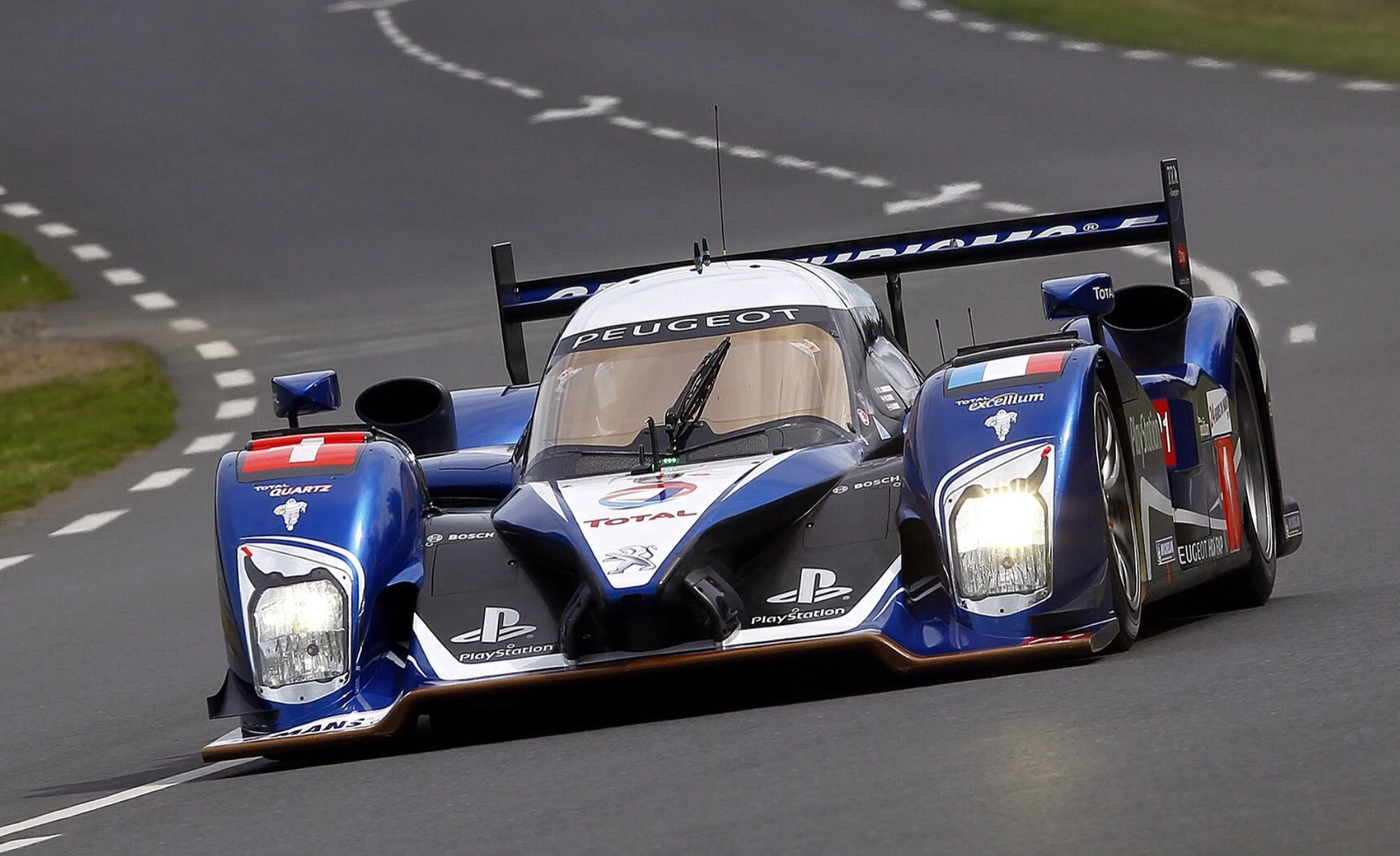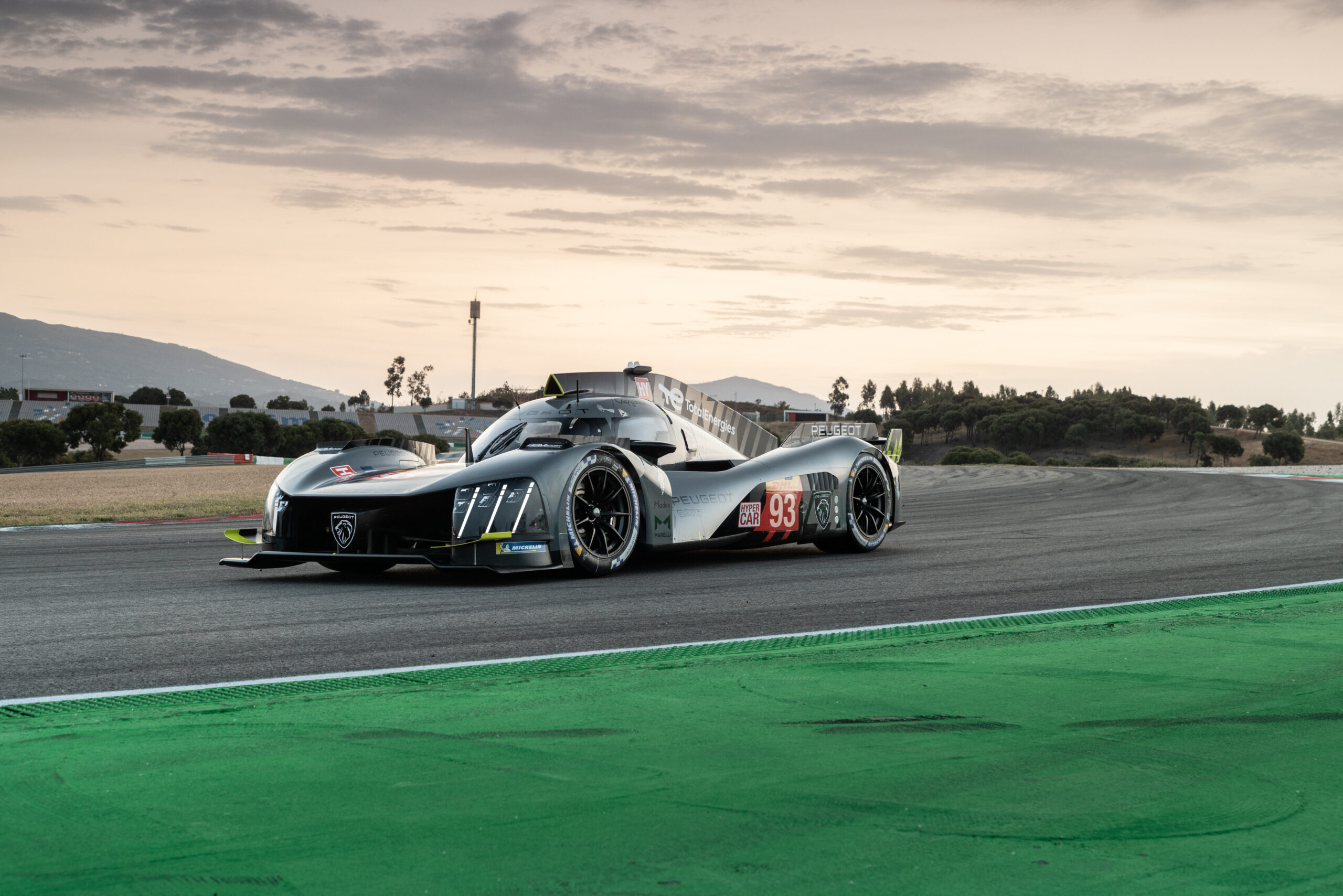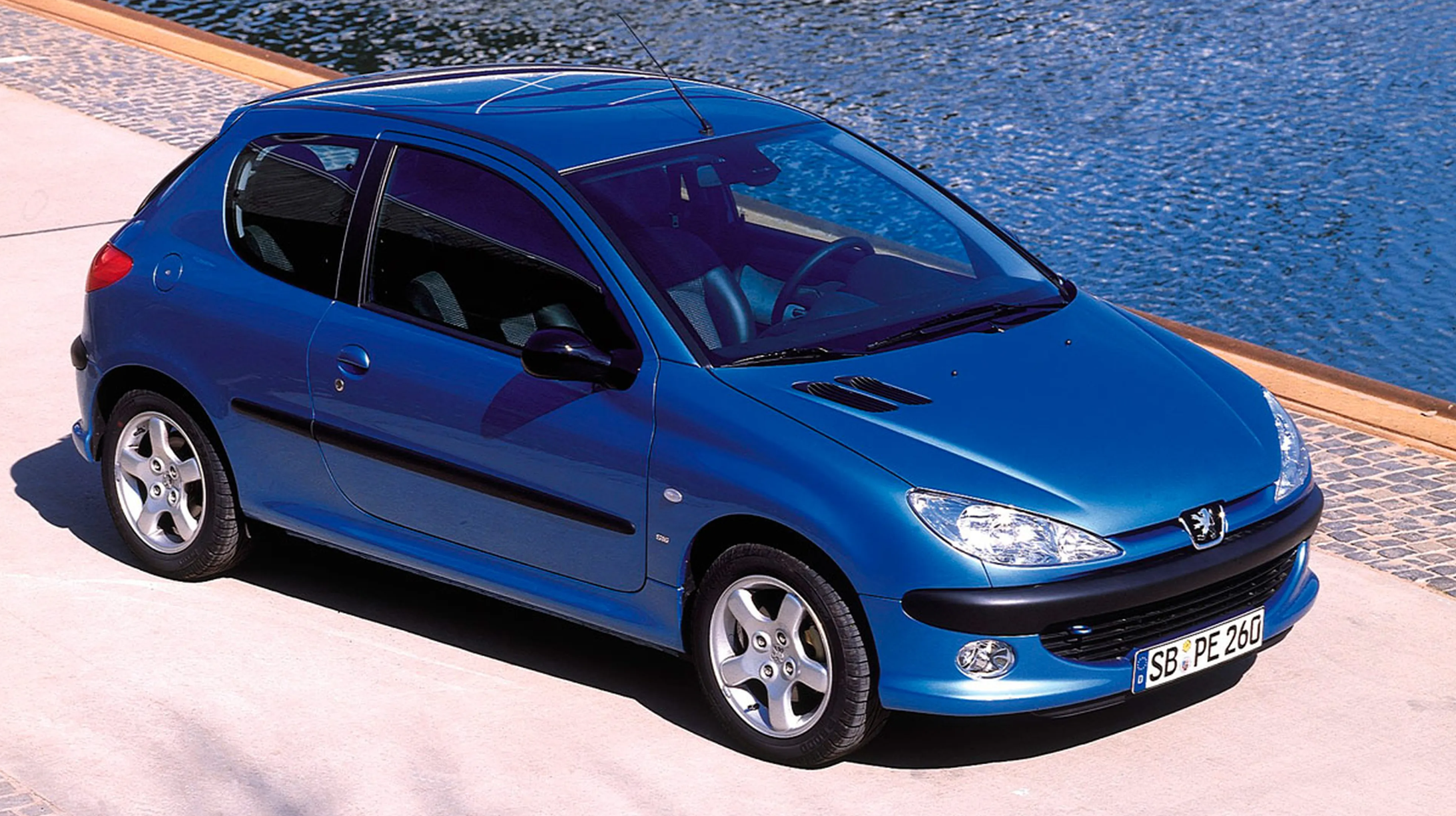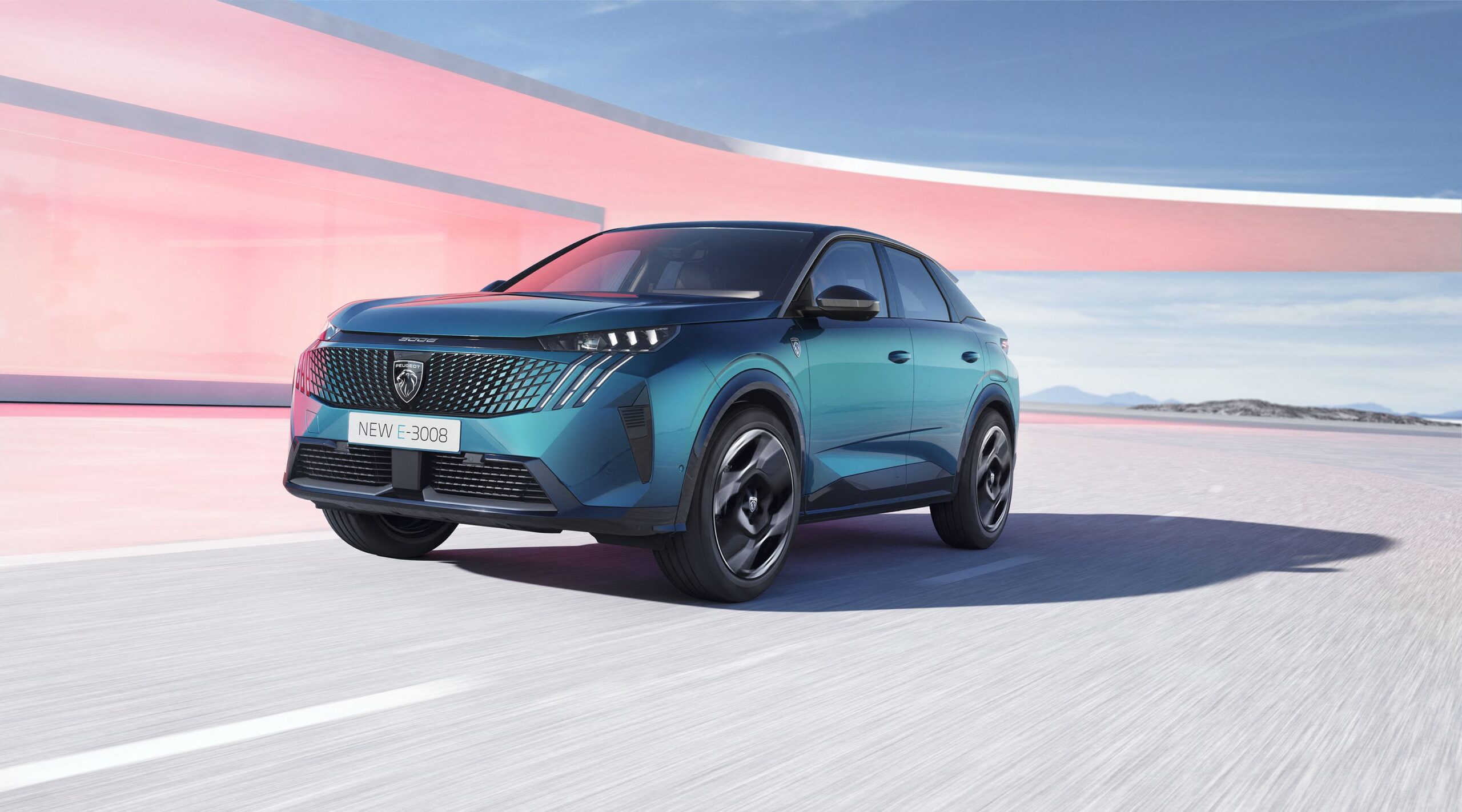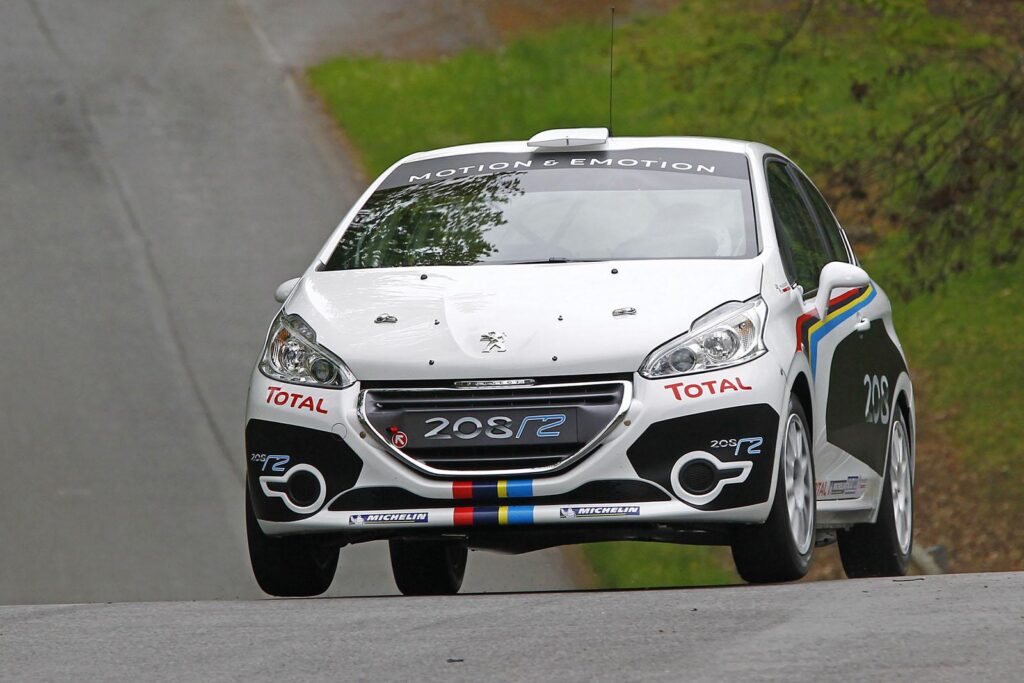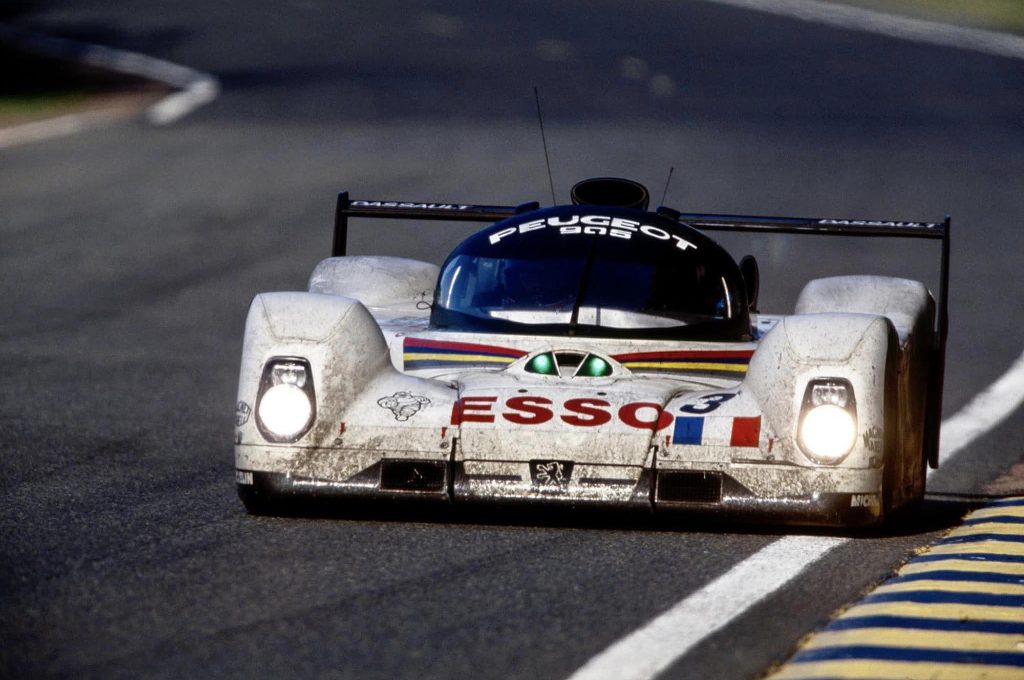Peugeot

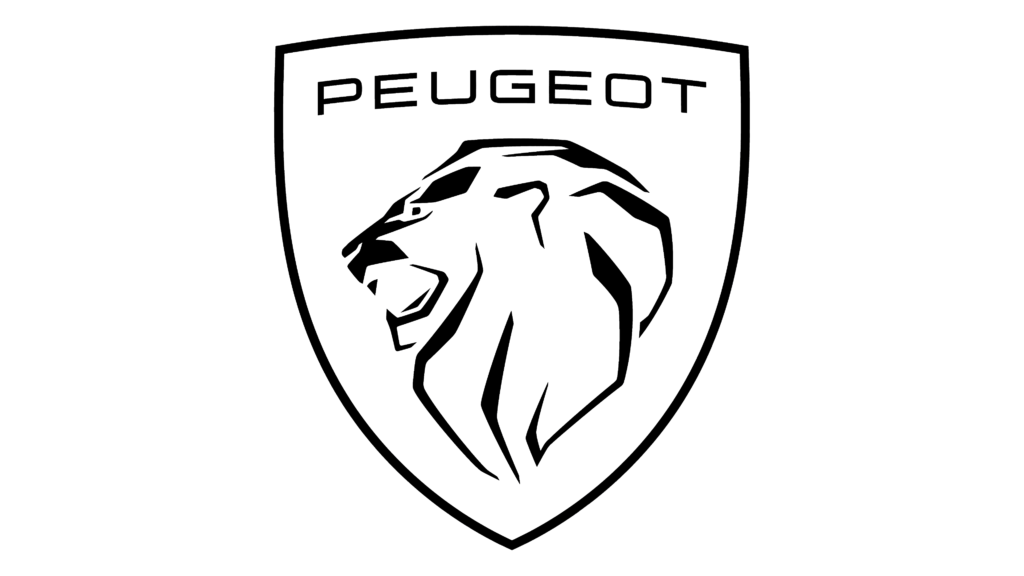
Peugeot
Founded
1810
Founders
Armand Peugeot
Country
France
Headquarters
Paris


Peugeot
Founded
1810
Founders
Armand Peugeot
Country
France
Headquarters
Paris
About this brand
Discover the history
Peugeot, a French automotive brand founded in 1810 as a coffee mill company, transitioned to manufacturing bicycles before making a momentous leap into the world of automobiles in 1889. Armand Peugeot, recognizing the potential of this burgeoning industry, oversaw the production of the first Peugeot automobile, the steam-powered Type 2.
The early 20th century saw Peugeot asserting itself as a pioneer in the automotive landscape. The Peugeot Bébé, introduced in 1905, became one of the first compact cars, catering to a broader audience. As the automotive industry evolved, Peugeot continued to innovate, introducing the first commercially successful diesel-powered car, the Peugeot 403 Diesel, in 1959.
Motorsport has been an integral part of Peugeot’s identity since the early 20th century. The brand’s early forays into racing laid the foundation for its later success. In 1913, a Peugeot L45 won the Indianapolis 500, marking a significant achievement for the French automaker on the international stage.
Peugeot’s motorsport prowess became particularly evident in rallying. The Peugeot 205 Turbo 16, introduced in the 1980s, was a dominant force in Group B rallying. With its distinctive mid-engine layout and turbocharged power, the 205 T16 secured two consecutive World Rally Championships in 1985 and 1986. This period marked a golden era for Peugeot in rallying, and the 205 T16 remains an iconic rally car.
The motorsport success continued in the 1990s with the Peugeot 405 T16 winning the Paris-Dakar Rally in 1990 and 1991. Peugeot’s commitment to off-road racing extended to the Pikes Peak International Hill Climb, where the Peugeot 405 T16 triumphed in 1988 with Ari Vatanen at the wheel.
In the realm of endurance racing, Peugeot achieved remarkable success. The Peugeot 908, introduced in the 2000s, secured multiple victories in the 24 Hours of Le Mans. Notably, Peugeot won the iconic endurance race in 2009, showcasing the brand’s dedication to high-performance racing.
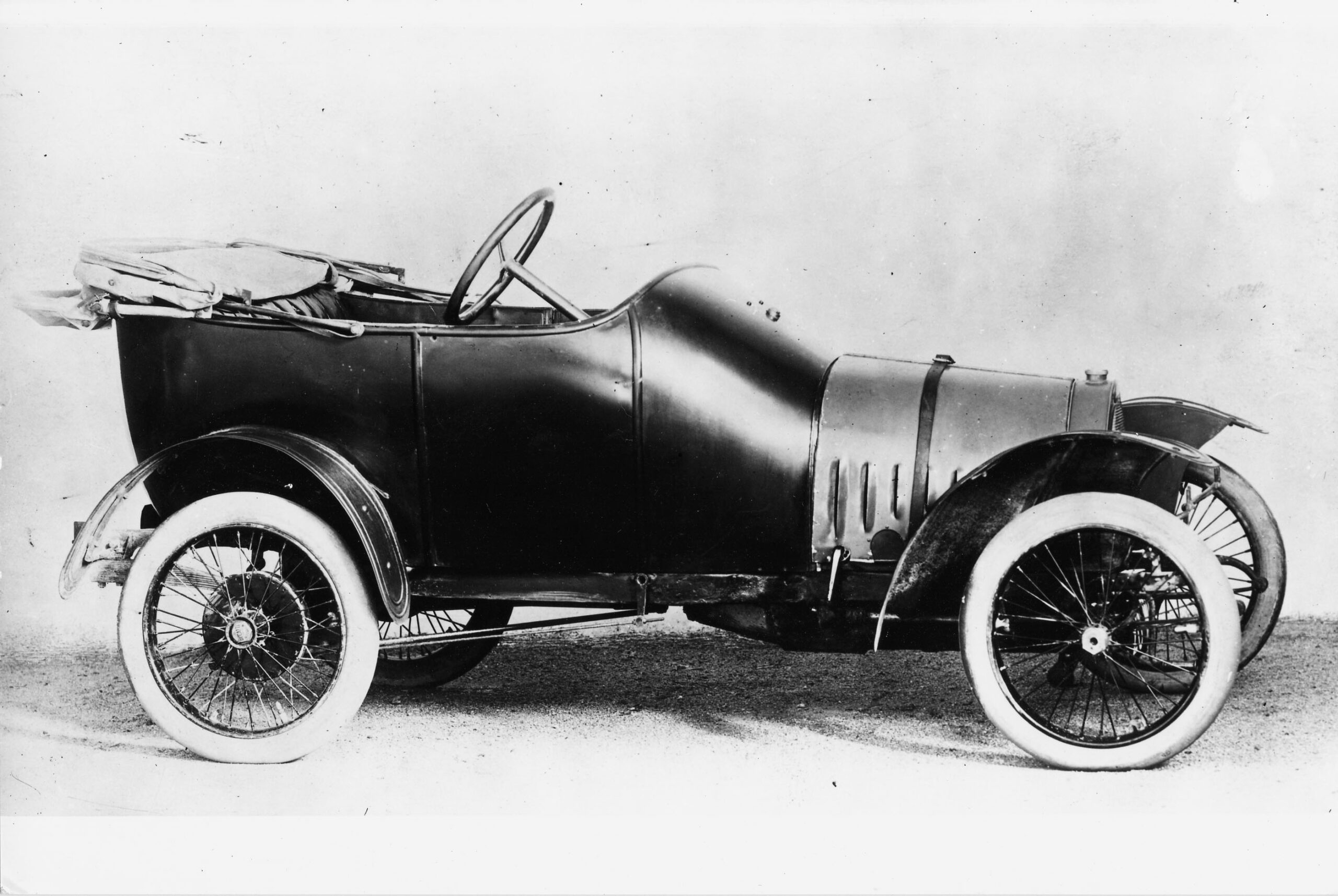
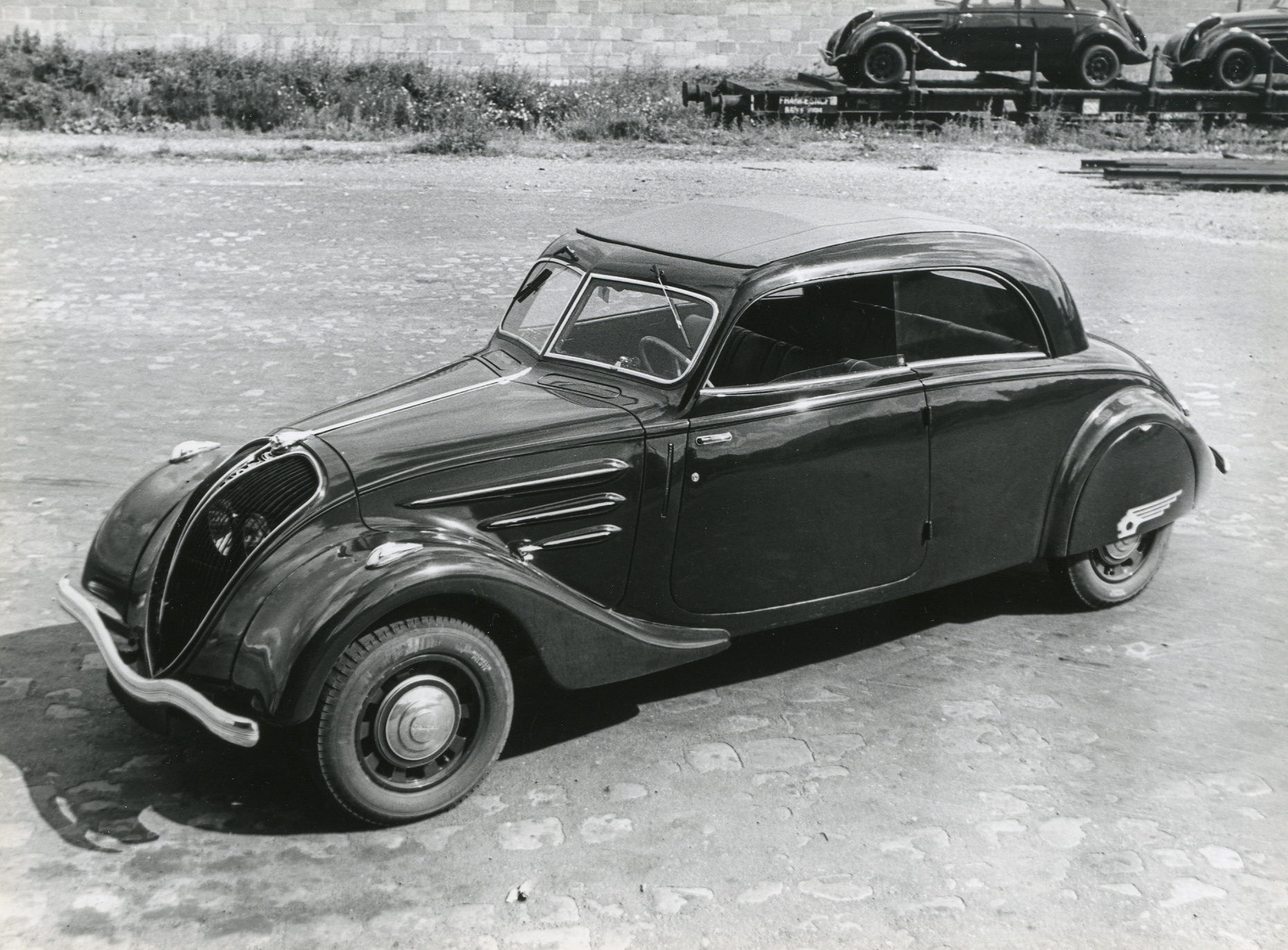

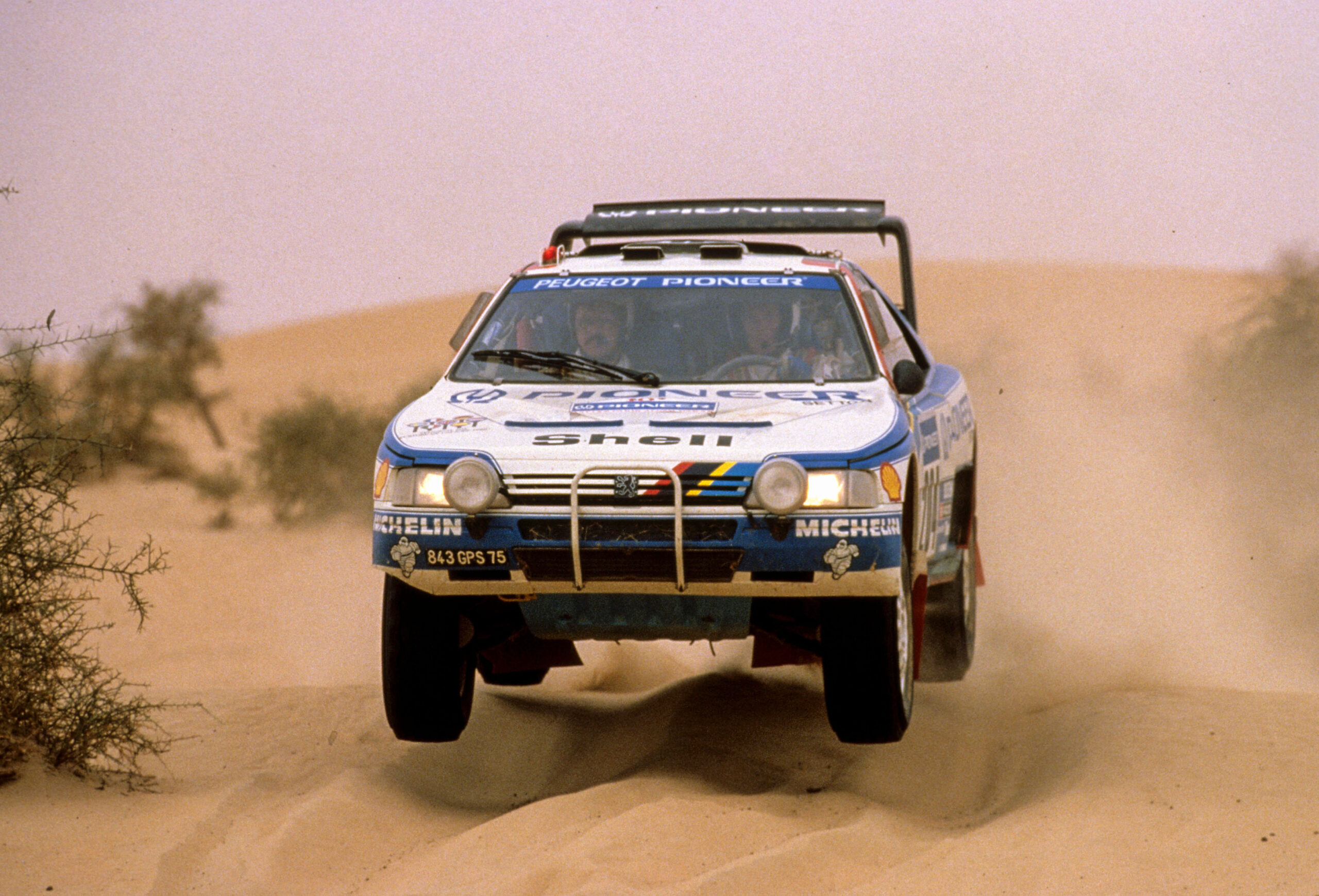
On the production car front, Peugeot’s lineup evolved to include models like the Peugeot 206 and Peugeot 307, both of which achieved commercial success globally. The Peugeot 208, introduced in 2012, exemplified the brand’s commitment to compact, stylish, and efficient vehicles.
In recent years, Peugeot has embraced electrification and sustainability. The Peugeot e-208, an all-electric variant of the popular 208, reflects the brand’s forward-looking approach to transportation.
Peugeot’s legacy is characterized by its ability to adapt to changing automotive trends while staying true to its commitment to performance and innovation. The brand’s success in motorsport, from the early days of racing to dominating rallies and endurance events, has contributed to its esteemed reputation in the automotive world.
